-
The EU will develop a binding framework to monitor and report on member states’ progress towards phasing out fossil fuel subsidies
-
Set a deadline for ending fossil fuel subsidies in line with the ambition of limiting global warming to 1.5 degrees Celsius
-
New methodology to identify other environmentally harmful subsidies by 202
MEPs endorsed on Thursday the EU environment programme until 2030, which aims to accelerate the EU’s transition to a climate-neutral, clean, circular and wellbeing economy.
With 553 votes to 130 and 7 abstentions, Parliament confirmed an agreement reached with the Council in December 2021 on the eighth General Union Environment Action Programme (EAP) to guide the EU’s environmental policy to 2030 and align it with the European Green Deal.
Priority objectives of the eighth EAP
The six thematic priority objectives to be achieved by 2030 are:
- climate change mitigation to attain the 2030 greenhouse gas emission reduction target;
- adaptation to climate change;
- advancing towards a wellbeing economy that gives back to the planet more than it takes;
- pursuing zero-pollution, including in relation to harmful chemicals;
- protecting, preserving and restoring biodiversity, and
- significantly reducing key environmental pressures related to the EU’s material and consumption footprints including through EU 2030 reduction targets.
Phasing out fossil fuel and other environmentally harmful subsidies
In order to strengthen positive incentives and gradually end environmentally harmful subsidies, the EU will set up a binding legislative framework to monitor and report on member states’ progress towards phasing out fossil fuel subsidies. It should also set a deadline to cut all public aid to these environmentally harmful sources of energy, aligned with the ambition of limiting global warming to 1.5 degrees Celsius.
By 2023, the Commission shall present a methodology to identify other environmentally harmful subsidies with a view to reporting on member states’ progress towards phasing them out.
Improved governance mechanism
The Commission shall monitor, assess and report annually on the progress made by the EU and member states in meeting the priority objectives. The text foresees a new summary dashboard and indicators measuring progress ‘beyond GDP’, to guide policymaking. The assessment shall be public and both actions taken and planned future measures shall be discussed each year by the EU institutions. If a mid-term review of the progress (by 31 March 2024) determines that more needs to be done to reach the priority objectives by 2030, the Commission should table a legislative proposal with additional initiatives.
EU, national, regional and local authorities must also implement effective, dissuasive and proportionate penalties to reduce the risks of non-compliance with EU environmental law.

Grace O’Sullivan in the EP in Brussels Quote
Grace O’Sullivan (Greens/EFA, IE), rapporteur, said: “The eighth EAP makes a “Wellbeing Economy” a priority objective for 2030. This is a first in EU law and marks an important step in moving away from the obsessive, unsustainable focus on GDP growth towards what this pandemic has shown us is the most important thing of all: the wellbeing of our people and planet. This is a positive example of the sort of systemic change required to reach our objective of living well, within the limits of our planet.”
Next steps
Once formally adopted by the Council, the legal text will be published in the EU’s Official Journal, entering into force 20 days later.
Background
EU EAPs are legally binding frameworks that have guided the development of EU environment policy since the early 1970s. Following the expiry of the Seventh EAP at the end of 2020, the new one will run until 31 December 2030.
Le Parlement approuve les objectifs environnementaux de l’UE jusqu’en 2030
La rapporteure Grace O'Sullivan (Verts/ALE, IE)
Spread the news
-

Petr Fiala, Prime Minister.Europe as a Task: Rethink, Rebuild, Repower is the main motto of the Czech Presidency of the Council of the EU.
Read the article
-
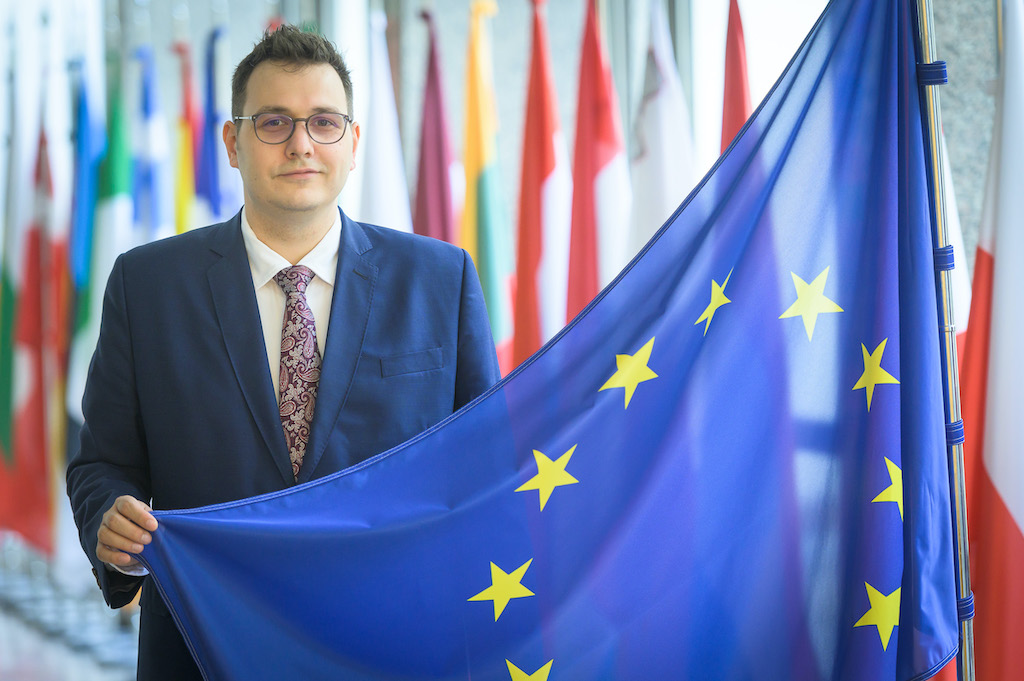
Jan Lipavsky, Minister of Foreign Affairs of the Czech Republic
Read the article
-

Mikuláš Bek Minister for European Affairs,We have grown up in the EU
Read the article
-
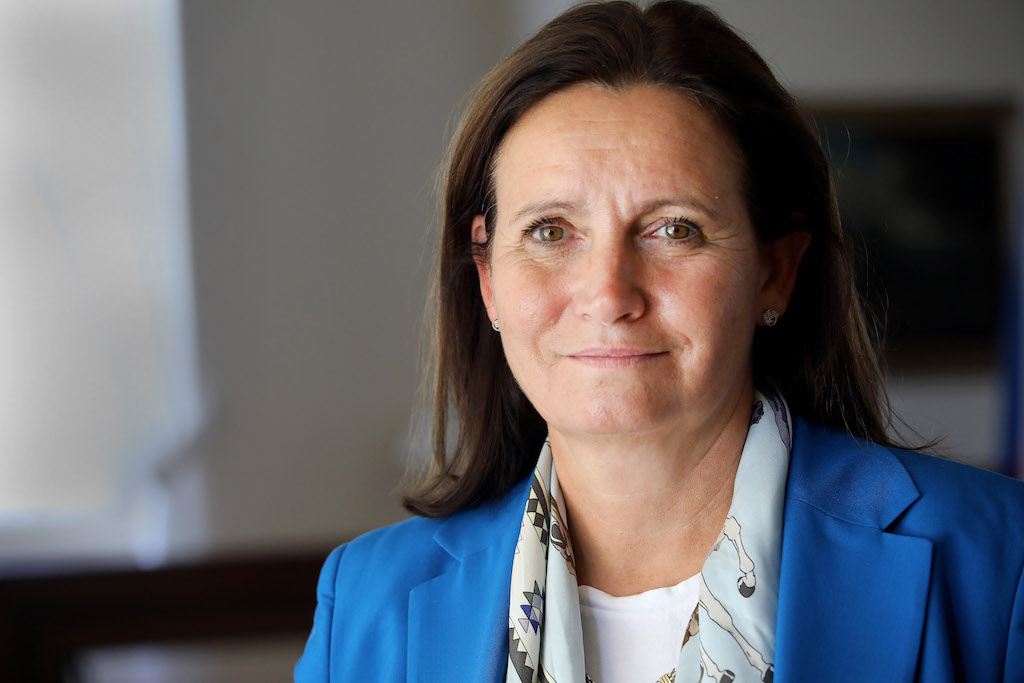
Edita Hrdá, Head of the Czech Permanent Representation to the EU, CZECH PRESIDENCY AS A LEARNING OPPORTUNITY FOR ALL
Read the article
-

Věra Jourová, Vice-President and Commissioner for Values and Transparency, leads the group of Commissioners concerned with “a new impetus for European democracy”.
Read the article
-
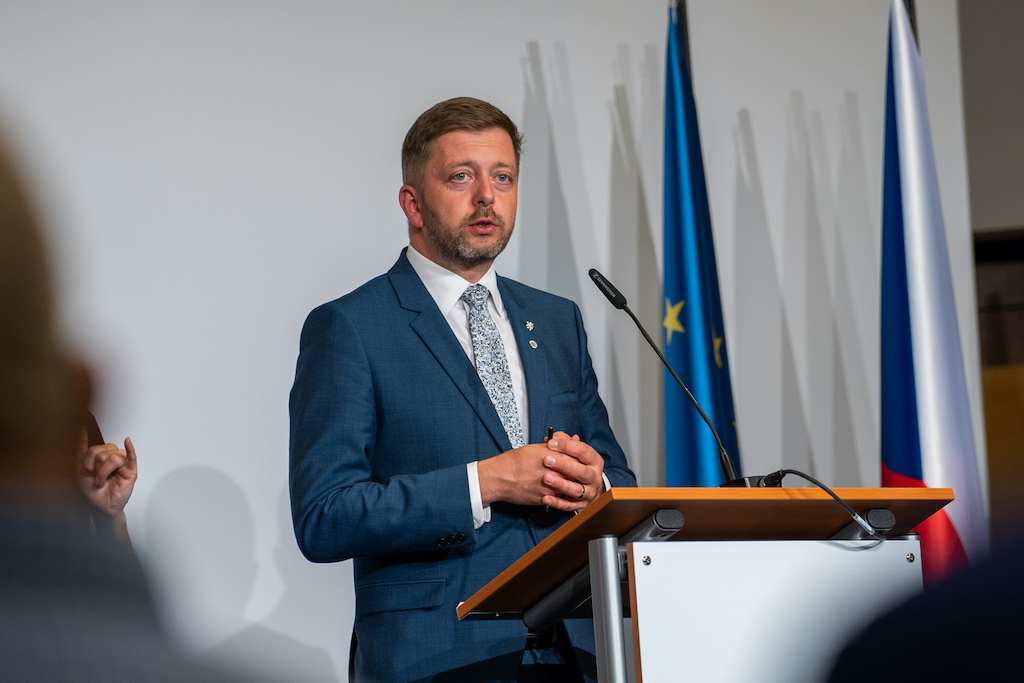
Vít Rakušan, 1st Deputy Prime Minister and Minister of the Interior
Read the article
-

IRFC 2022 IN PRAGUE A SUCCESS? by OLTIS GROUP
Read the article
-

Michal Pěchouček, Chairman of the Executive Board of prg.ai
Read the article
-
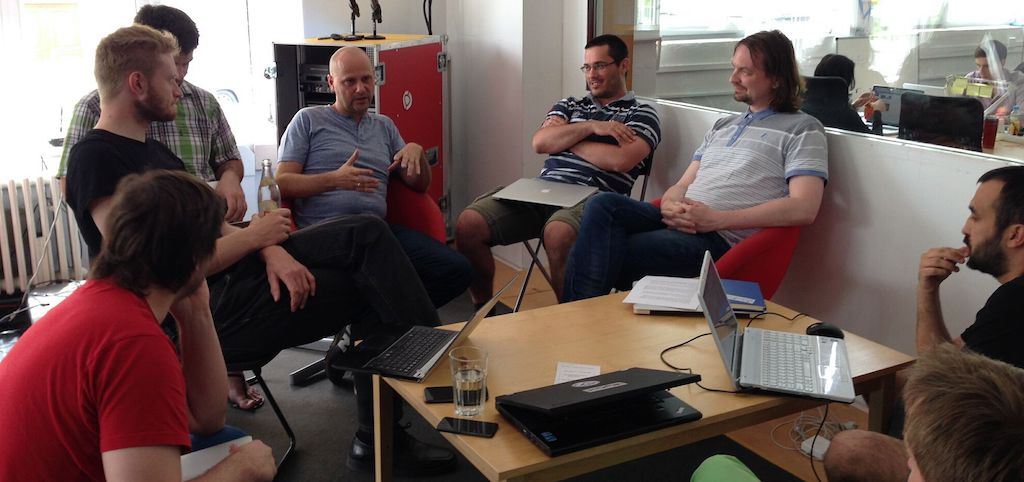
STARTUPYARD, Cedric Maloux President
Read the article
-

Roman ZDEBOR, Branch Managing Director, EDF Nuclear Czechia
Read the article
-
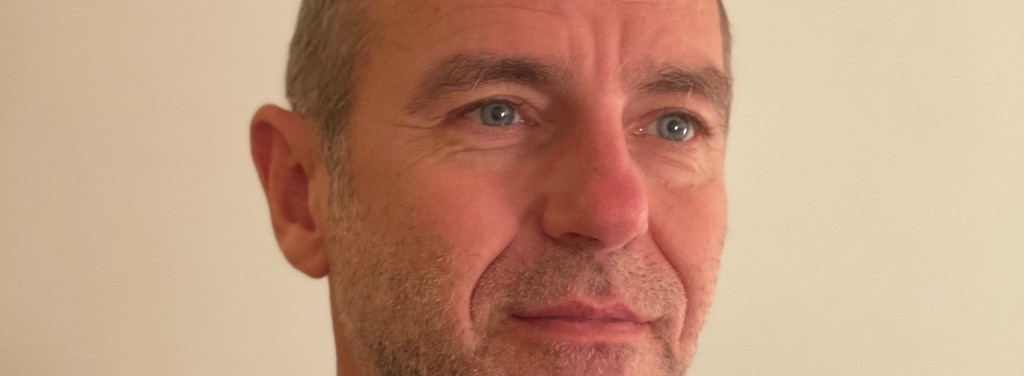
Mr. Richard PAVLICA, President of the Czech Space Alliance (CSA)
Read the article
-
Martin Baxa, Minister of Culture
Read the article
-

Vladimír Balaš, Minister for Education, Youth and Sport
Read the article
-
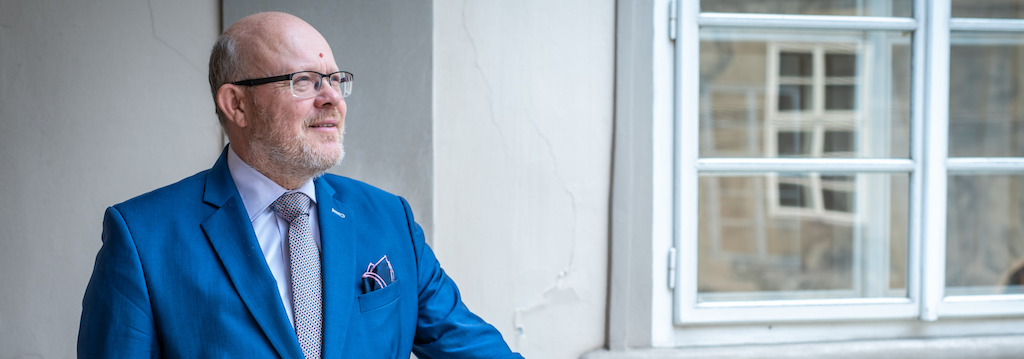
Prof. MUDr. Vlastimil Válek, Deputy Prime Minister and Minister of Health
Read the article
-
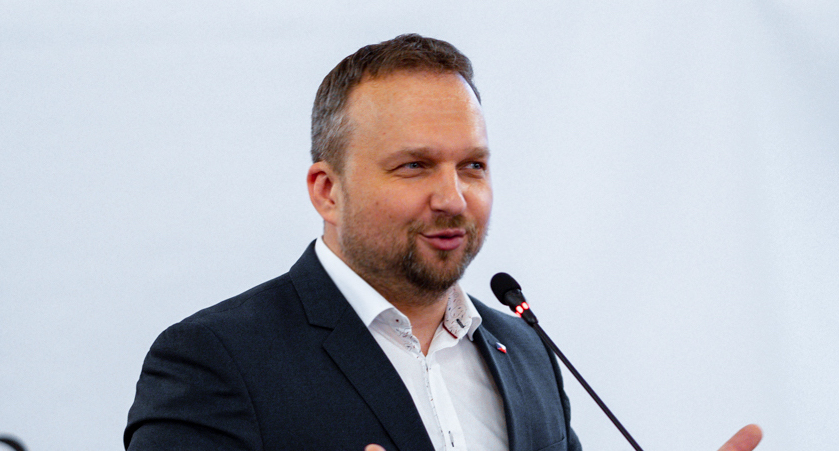
Marian Jurečka, Deputy Prime Minister and Minister of Labour and Social Affairs
Read the article



